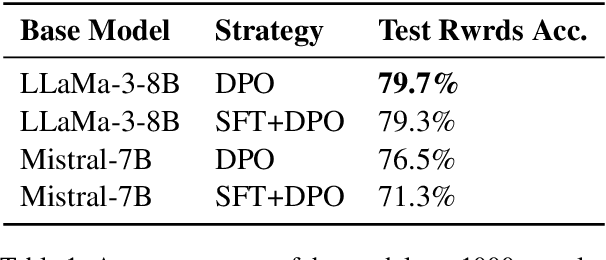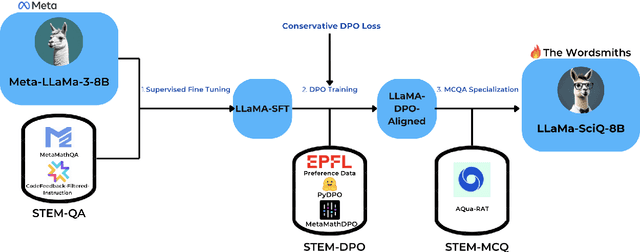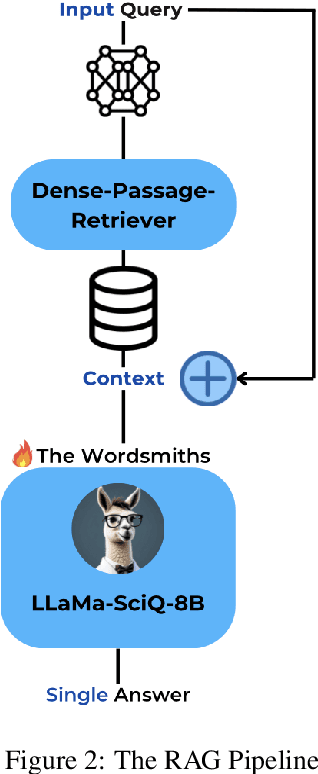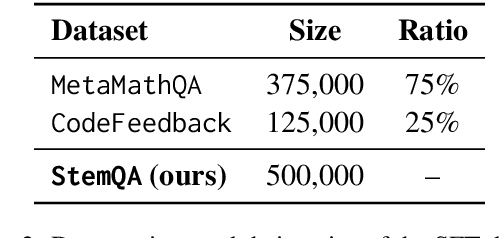Marc-Antoine Allard
Enhancing Inflation Nowcasting with LLM: Sentiment Analysis on News
Oct 26, 2024



Abstract:This study explores the integration of large language models (LLMs) into classic inflation nowcasting frameworks, particularly in light of high inflation volatility periods such as the COVID-19 pandemic. We propose InflaBERT, a BERT-based LLM fine-tuned to predict inflation-related sentiment in news. We use this model to produce NEWS, an index capturing the monthly sentiment of the news regarding inflation. Incorporating our expectation index into the Cleveland Fed's model, which is only based on macroeconomic autoregressive processes, shows a marginal improvement in nowcast accuracy during the pandemic. This highlights the potential of combining sentiment analysis with traditional economic indicators, suggesting further research to refine these methodologies for better real-time inflation monitoring. The source code is available at https://github.com/paultltc/InflaBERT.
LLaMa-SciQ: An Educational Chatbot for Answering Science MCQ
Sep 25, 2024



Abstract:Large Language Models (LLMs) often struggle with tasks requiring mathematical reasoning, particularly multiple-choice questions (MCQs). To address this issue, we developed LLaMa-SciQ, an educational chatbot designed to assist college students in solving and understanding MCQs in STEM fields. We begin by fine-tuning and aligning the models to human preferences. After comparing the performance of Mistral-7B and LLaMa-8B, we selected the latter as the base model due to its higher evaluation accuracy. To further enhance accuracy, we implement Retrieval-Augmented Generation (RAG) and apply quantization to compress the model, reducing inference time and increasing accessibility for students. For mathematical reasoning, LLaMa-SciQ achieved 74.5% accuracy on the GSM8k dataset and 30% on the MATH dataset. However, RAG does not improve performance and even reduces it, likely due to retriever issues or the model's unfamiliarity with context. Despite this, the quantized model shows only a 5% loss in performance, demonstrating significant efficiency improvements.
 Add to Chrome
Add to Chrome Add to Firefox
Add to Firefox Add to Edge
Add to Edge